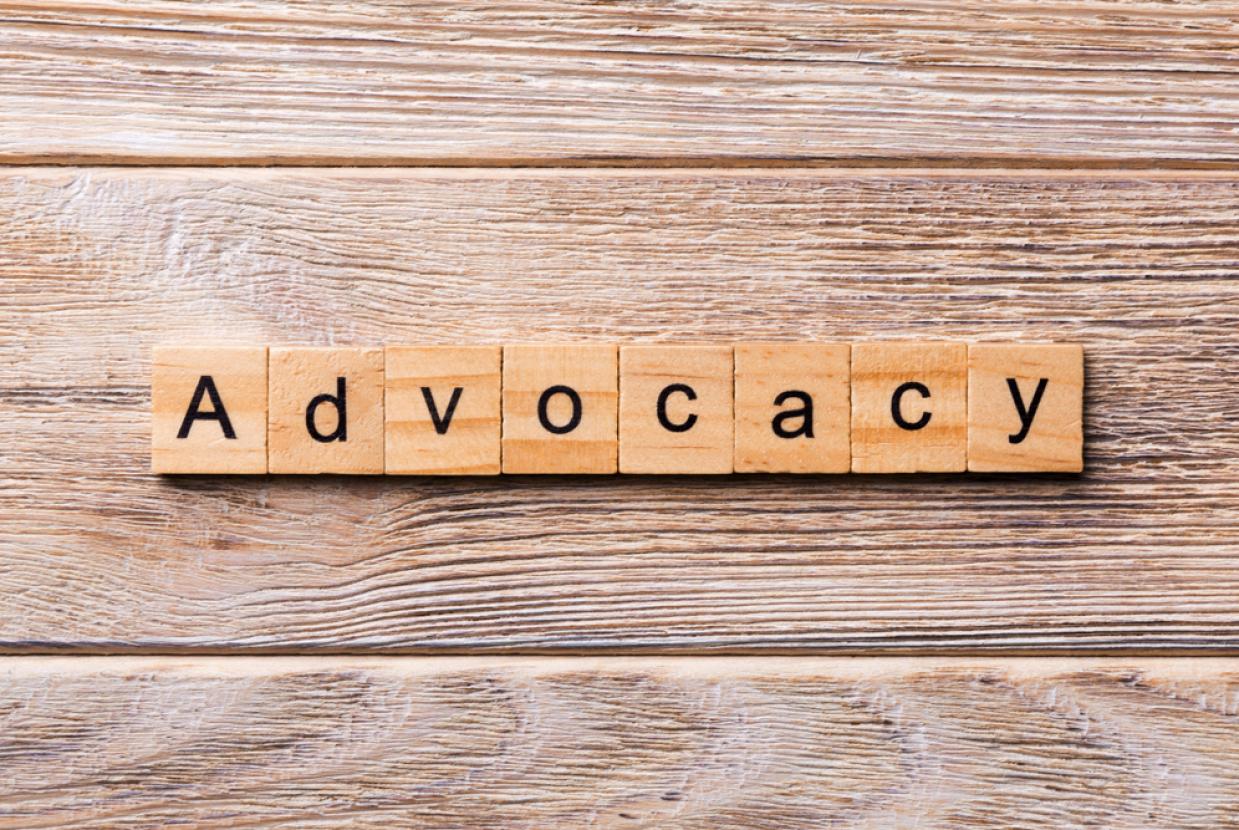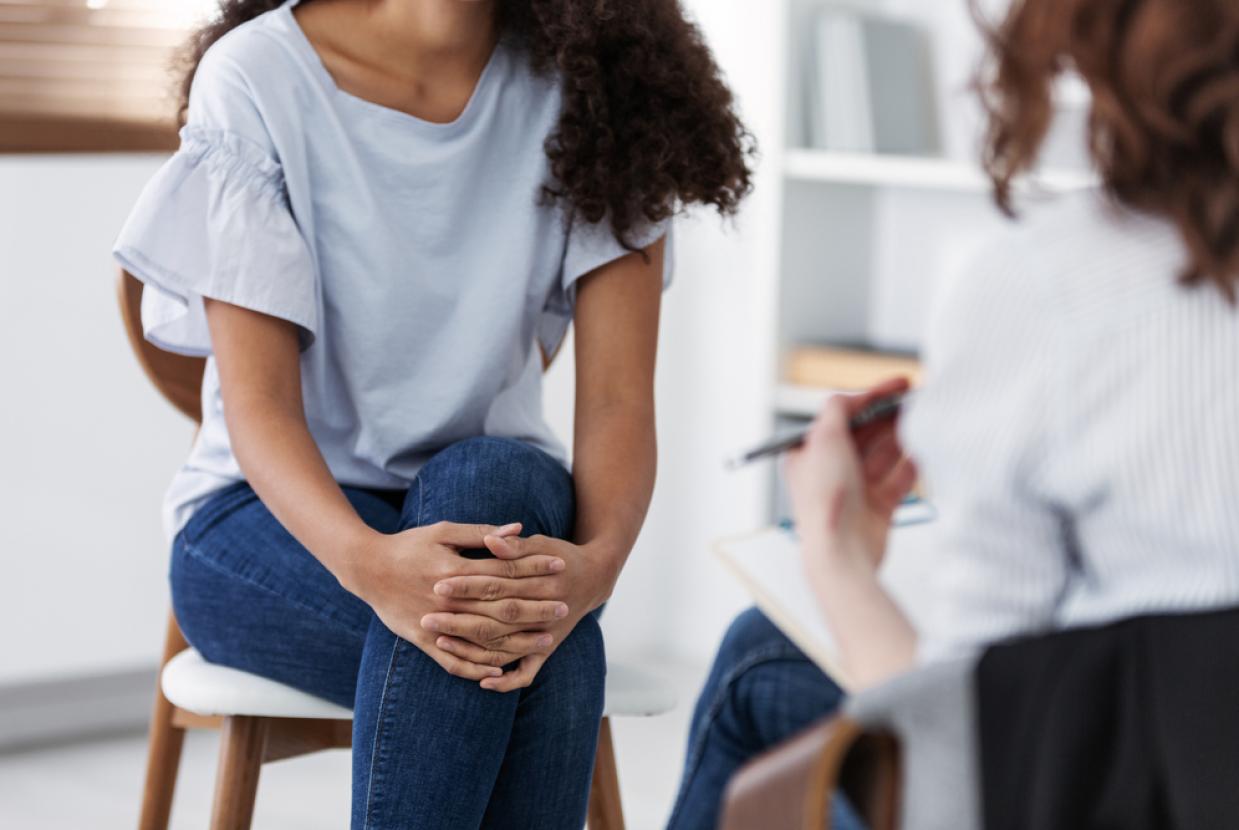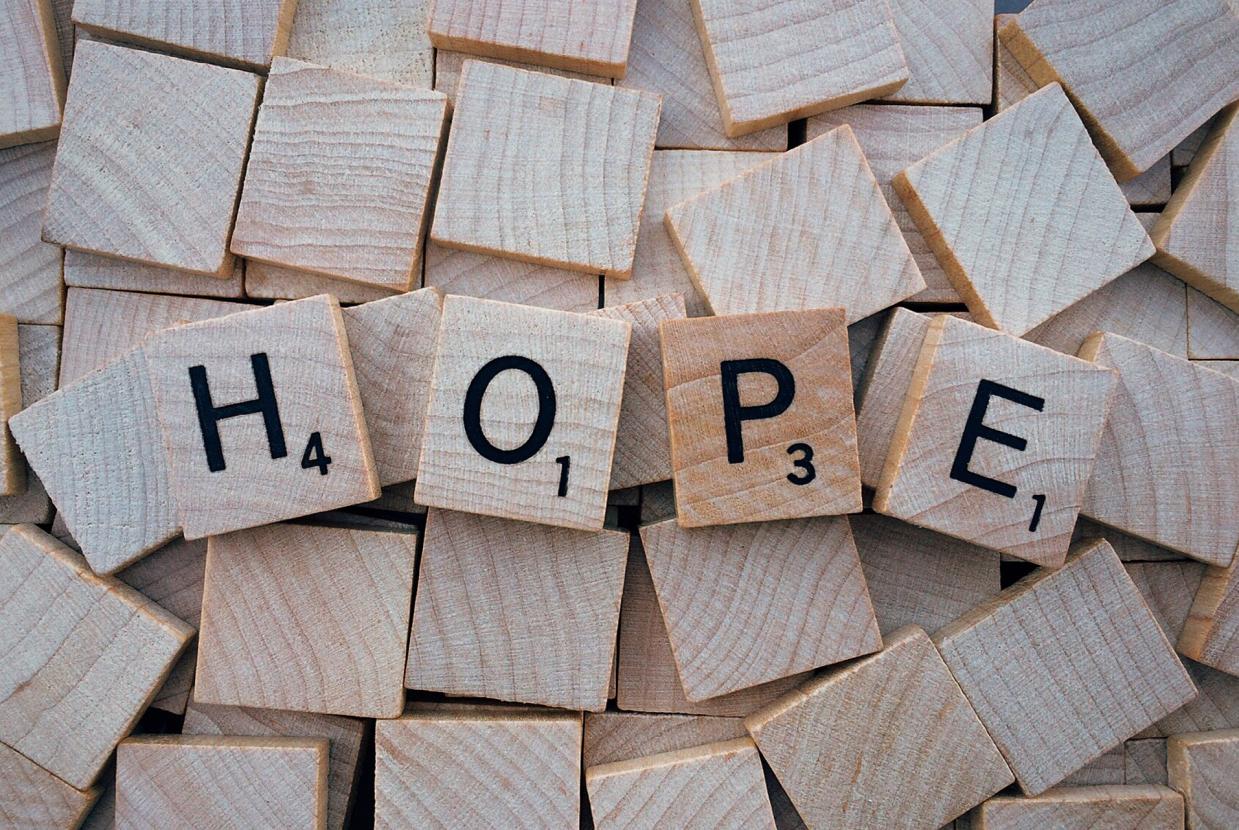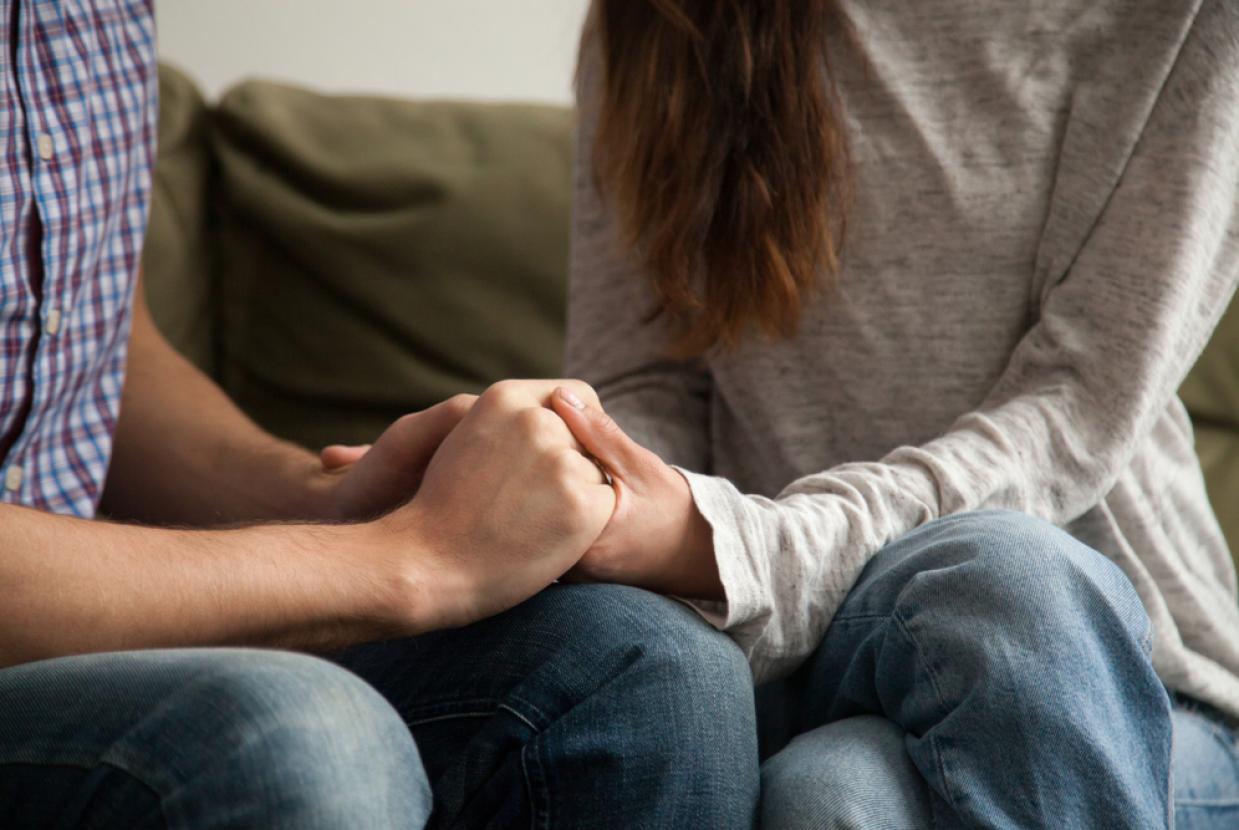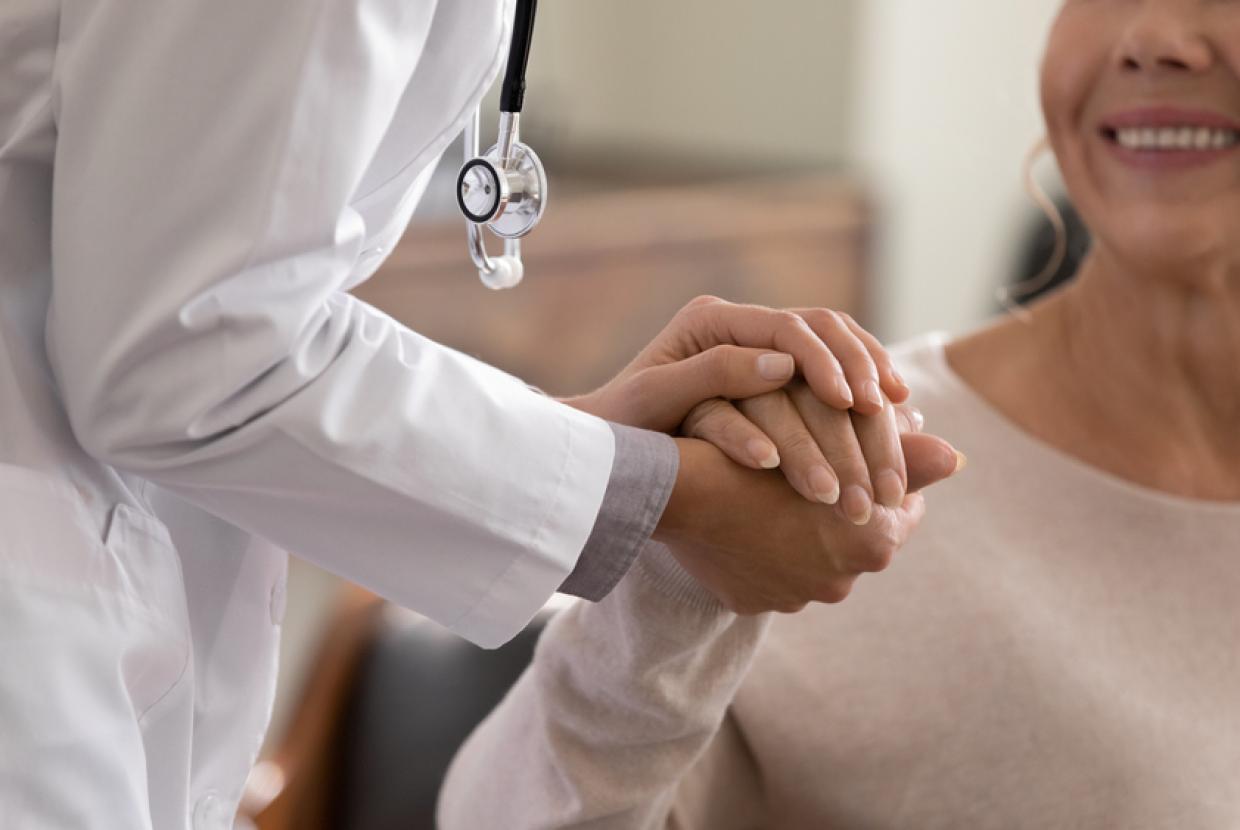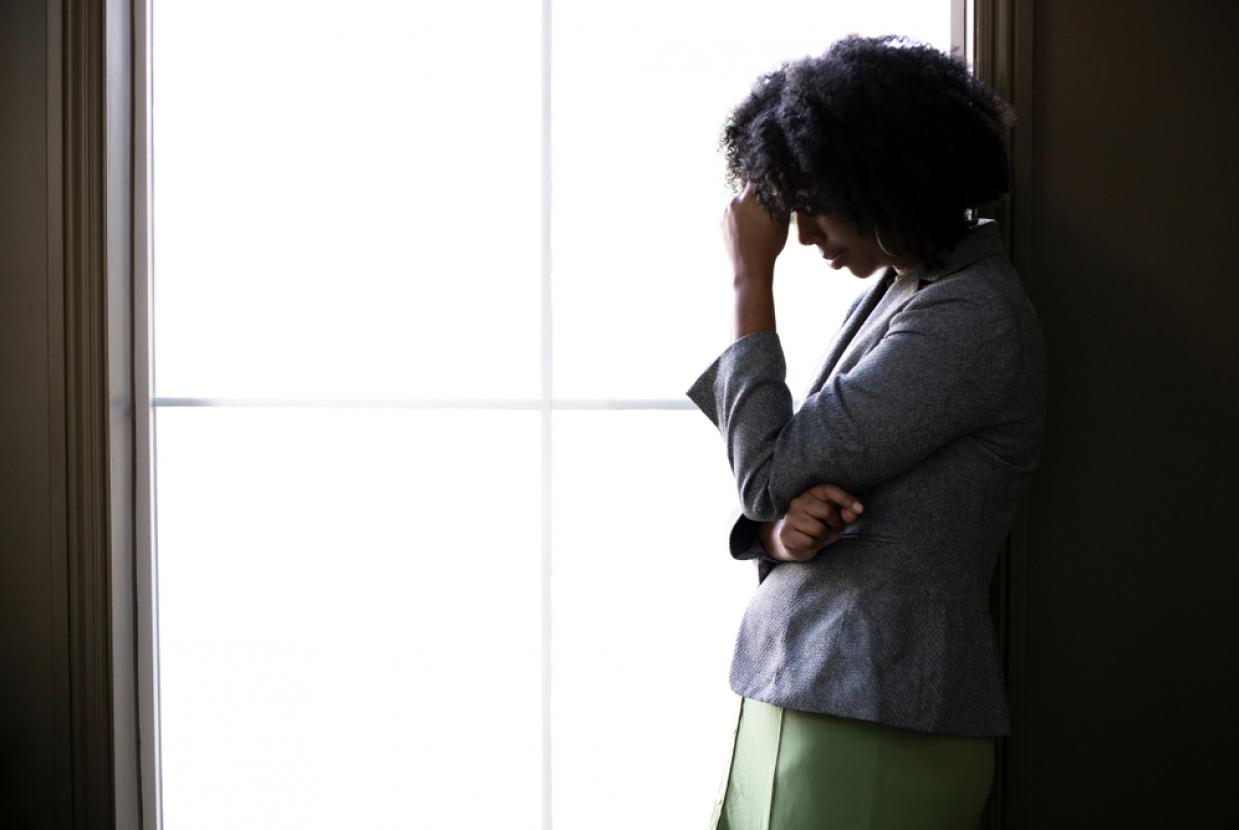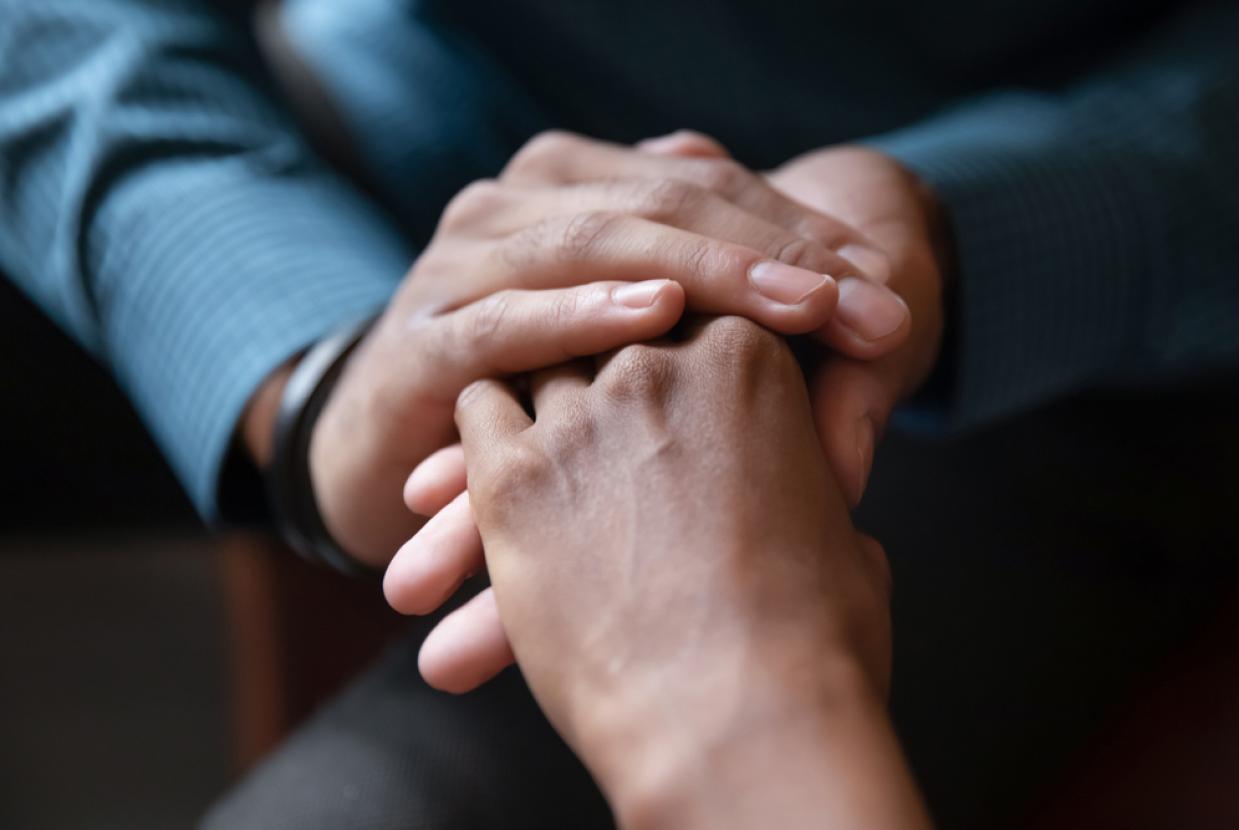Anorexia Nervosa
Anorexia is an eating disorder and a serious mental health condition. People who have anorexia try to keep their weight as low as possible. They do this by not eating enough food or exercising too much, or both. This can make them very ill because they start to starve. Men and women of any age can get anorexia, but it's most common in young women and usually starts in the mid-teens.
Signs and symptoms
The main symptom of anorexia is losing a lot of weight or keeping your body weight much lower than is healthy for your age and height. Signs and symptoms include:
- missing meals, eating very little or avoiding eating any foods you see as fattening
- lying about what and when you've eaten, and how much you weigh
- taking medication to reduce your hunger (appetite suppressants)
- exercising excessively
- making yourself sick
- using medication to help you poo (laxatives) or to make you pee (diuretics) to try to avoid putting on weight
- an overwhelming fear of gaining weight
- strict rituals around eating
- seeing losing a lot of weight as a positive thing
- believing you are fat when you are a healthy weight or underweight
- not admitting your weight loss is serious
You may also notice physical signs and symptoms such as:
- if you're under 18, your weight and height being lower than expected for your age
- if you're an adult, having an unusually low body mass index (BMI)
- your periods stopping (in women who have not reached menopause)
- your periods not starting (in younger women and girls)
- bloating, constipation and abdominal pain
- headaches or problems sleeping
- feeling cold, dizzy or very tired
- poor circulation in hands and feet
- dry skin, hair loss from the scalp, or fine downy hair (lanugo) growing on the body
- reduced sex drive
People with anorexia often have other mental health problems. For example, depression or anxiety.
Warning signs of anorexia in someone else
The following warning signs could show that someone else has an eating disorder:
- dramatic weight loss
- lying about how much and when they've eaten, or how much they weigh
- avoiding eating with others
- cutting their food into small pieces
- eating very slowly to disguise how little they are eating
- trying to hide how thin they are by wearing loose or baggy clothes
- frequent weighing
- increased consumption of fluids
Warning signs of anorexia in children
- Growth spurt may be delayed in children with anorexia
- Weight gain may be less than expected
Complications of anorexia
Anorexia can lead to severe health problems associated with malnutrition. But these will usually start to improve once your eating habits return to normal. Possible complications include:
- problems with muscles and bones – feeling tired and weak, osteoporosis, physical development
- fertility problems
- loss of sex drive
- problems with the heart and blood vessels
- problems with the brain and nerves – fits, difficulties with concentration and memory
- kidney or bowel problems
- having a weakened immune system or anaemia
Anorexia can also put your life at risk. It's one of the leading causes of deaths related to mental health problems. Deaths from anorexia may be due to physical complications or suicide.
Causes of anorexia
It's not known what causes anorexia and other eating disorders. You may be more likely to get an eating disorder if:
- you or a member of your family has a history of eating disorders, depression, or alcohol or drug addiction
- you have been criticised for your eating habits, body shape or weight
- you are very concerned about being slim
- you have anxiety, low self-esteem, an obsessive personality or are a perfectionist
- you have been sexually abused
Getting help
If you think you may have anorexia, even if you are not sure, see your GP as soon as you can. If a family member or friend may have anorexia, let them know you're worried about them. Encourage them to see their GP. You could offer to go along with them.
Treatment
Treatment for anorexia involves a combination of talking therapy and supervised weight gain. It is important to start treatment as early as possible. This will reduce the risk of serious complications and increase the chances of recovery.
You can recover from anorexia, but it may take time and recovery will be different for everyone. Treatment for anorexia is different for adults and those under 18 years old.
For both, the GP can:
- provide assessment and treatment
- refer you to a community mental health team
Treatment for adults
Many different talking therapies are available to treat anorexia. The aim of these treatments is to help you understand the causes of your eating problems. They will make you feel more comfortable with food. You can then begin to eat more and reach a healthy weight.
The following types of talking therapy may be offered to you. Talk with your GP about which type will be the most helpful for you.
Cognitive behavioural therapy
Cognitive behavioural therapy (CBT) helps you manage problems by thinking more positively. It frees you from unhelpful patterns of behaviour. CBT involves talking to a therapist. They will work with you to create a personalised treatment plan.
They will help you to:
- cope with your feelings
- understand nutrition and the effects of starvation
- make healthy food choices
Your therapist will ask you to practice these techniques on your own. This will help to measure your progress and manage difficult feelings and situations.
CBT-E
CBT-E is a form of CBT. It has been created specifically for eating disorders and their difficulties. For example, distorted thinking about shape and weight or perfectionism.
Maudsley Anorexia Nervosa Treatment for Adults (MANTRA)
MANTRA focuses on what's important to you and helps you to change your behaviour when you are ready.
You can involve your family or carers if you think it would be helpful. This treatment usually lasts for 20 sessions. The first 10 should be weekly, with the next 10 scheduled to suit you.
Focal psychodynamic therapy
Other therapies might not be right for you or work for you. If so, you might be offered focal psychodynamic therapy.
This therapy will include trying to understand how your eating habits are related to what you think. It will explore how you feel about yourself and other people in your life. You should be offered weekly sessions for up to 40 weeks (9 to 10 months).
Diet advice
During your treatment, you will be given advice on healthy eating and your diet. This advice alone will not help you recover from anorexia. You will need to have talking therapy as well as dietary advice. Your GP might tell you to take vitamin and mineral supplements. These will give you the nutrients you need to be healthy.
Treatment for children and young people
Children and young people may receive family therapy. They may be offered CBT or adolescent-focused psychotherapy. CBT will be very like CBT offered to adults.
Family-based treatment
Systemic family therapy is the most-recommended treatment for adolescents with anorexia nervosa. Family-based treatment (FBT) is the most-researched version of this.
FBT involves you and your family talking to a therapist. It will explore how anorexia has affected you and how your family can support you to get better.
It requires the parents or family to work together to achieve some goals. These can include restoring normal weight and eating patterns.
Diet advice
If you have anorexia, you may not be getting the vitamins and energy your body needs to grow and develop. This is especially important as you reach puberty.
During your treatment, your doctor will give you advice about the best foods to eat to stay healthy. They will also talk to your parents or carers about your diet so they can support you at home.
Bone health
Anorexia can make your bones weaker. This can make you more likely to develop a condition called osteoporosis. This is more likely if weight has been low for a year or more in children and young people. Or 2 years or more in adults.
Your GP may suggest you have a special type of X-ray called a bone-density scan. This checks the health of your bones. Girls and women are more at risk of getting weak bones than men. Your GP may prescribe you medicine to help protect your bones against osteoporosis.
Medication
Antidepressants are not the only treatment for anorexia. An antidepressant in combination with therapy might be more effective. This will help you manage other conditions such as:
- anxiety
- depression
- social phobia
Antidepressants are very rarely prescribed for children or young people under 18.






